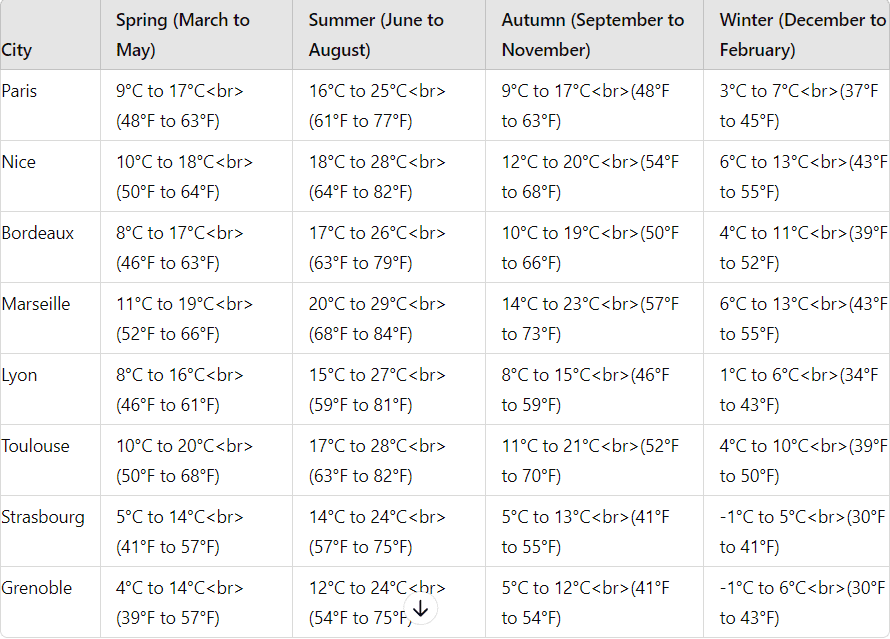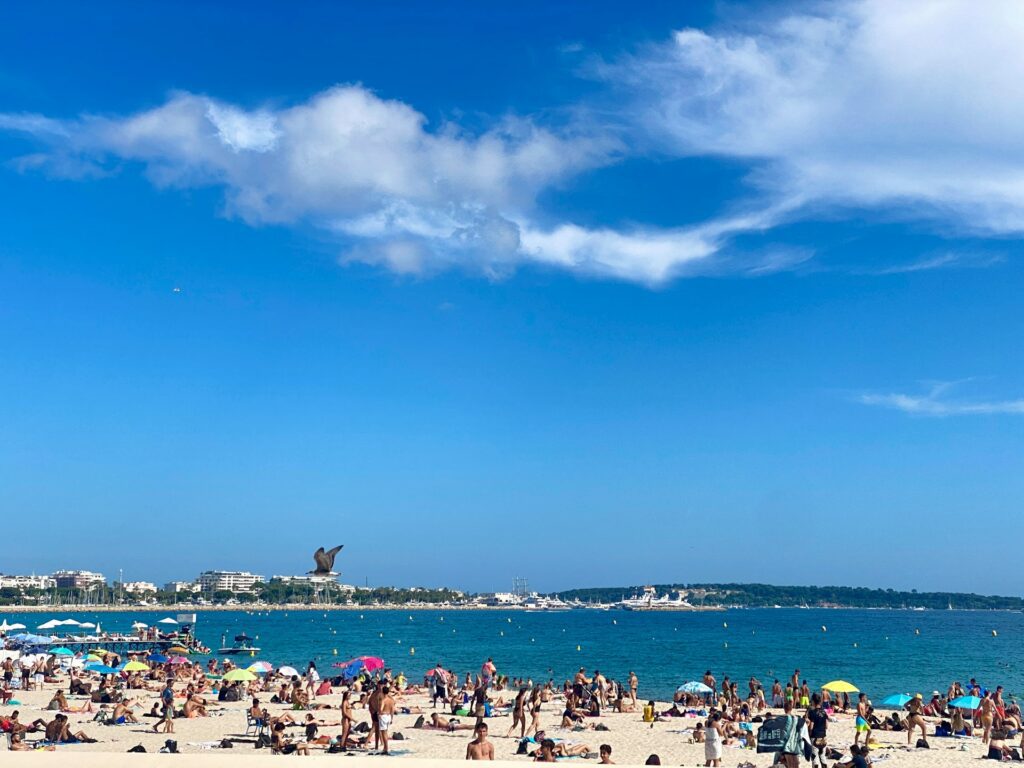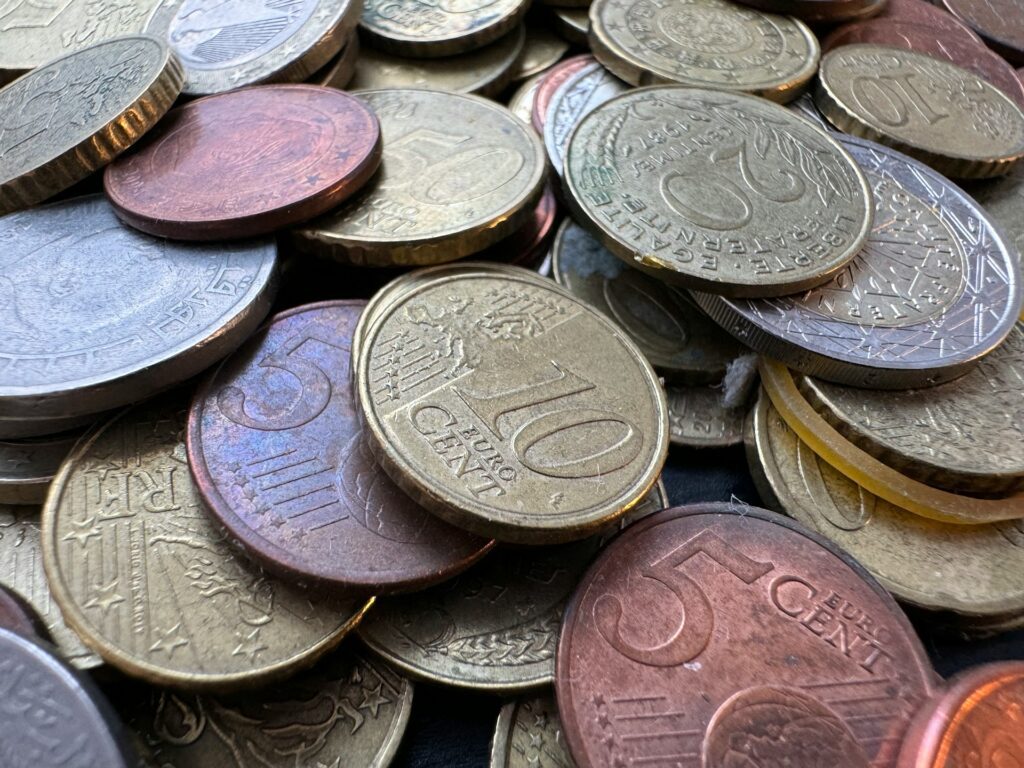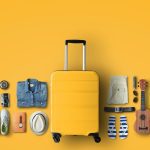Before Your Trip to France
Preparing for your trip to France involves essential steps to ensure a seamless and memorable experience in this diverse and enchanting country. From the romantic streets of Paris to the sun-drenched beaches of Nice, France beckons with its rich cultural heritage, iconic landmarks, and world-renowned cuisine. Whether you’re drawn to exploring historic sites, indulging in gourmet delights, or simply soaking in the picturesque landscapes, thorough planning will enhance your journey. This guide covers important aspects such as weather considerations, cultural norms, practical packing tips, and more, helping you make the most of your time in France.
The Weather in France

France experiences a temperate climate with distinct variations across its regions. The northern and western parts of the country, including cities like Paris and Normandy, have mild summers and cool winters, often influenced by the Atlantic Ocean. Rainfall is fairly evenly distributed throughout the year, though autumn and winter tend to be wetter. In contrast, the central and eastern regions, such as the Loire Valley and Burgundy, enjoy more pronounced seasons with warmer summers and colder winters. Snowfall can occur in these areas, particularly in the higher elevations.
The southern part of France, especially along the Mediterranean coast, boasts a Mediterranean climate characterized by hot, dry summers and mild, wet winters. Cities like Nice and Marseille benefit from long sunny periods, making them popular destinations for beachgoers. The mountainous areas, such as the Alps and Pyrenees, have their own microclimates, with cold, snowy winters ideal for skiing and mild summers suitable for hiking. Overall, France’s diverse geography creates a range of weather patterns, offering something for everyone throughout the year.
How to Dress in France – Seasonal Considerations
Dressing appropriately for the weather in France ensures comfort and style throughout the year. With its diverse climate, understanding the seasonal variations will help you pack the right clothing for your trip or daily life. Here are some tips for dressing in France across the four seasons:
Spring (March to May)
Spring in France can be unpredictable, with fluctuating temperatures and occasional rain. Layering is key during this season. Pack light sweaters, long-sleeve shirts, and a mix of jeans and lighter trousers. A waterproof jacket or trench coat is essential, along with a scarf for added warmth on cooler days.
Summer (June to August)

Summer in France varies from mild to hot, especially in the south. Lightweight, breathable fabrics such as cotton and linen are ideal. Bring shorts, skirts, and sundresses, along with T-shirts and light blouses. Don’t forget sunglasses, a hat, and sunscreen for protection against the sun. Comfortable sandals or walking shoes are also a must for exploring.
Autumn (September to November)
Autumn brings cooler temperatures and increased rainfall, particularly in the northern and western regions. Opt for warm layers like sweaters, cardigans, and light jackets. Dark jeans, trousers, and boots are suitable for this season. A stylish coat and umbrella will help you stay dry during the frequent showers.
Winter (December to February)
Winter in France can be chilly, especially in the northern and eastern regions. Pack heavy coats, woolen sweaters, and thermal layers to stay warm. Scarves, gloves, and hats are essential accessories. In the mountainous areas, be prepared with snow boots and ski gear if you plan to hit the slopes.
The Currency in France

The currency in France is the Euro (€), used by 19 of the 27 European Union countries. Euro banknotes come in denominations of 5, 10, 20, 50, 100, 200, and 500 euros, while coins are available in 1, 2, 5, 10, 20, and 50 cents, as well as 1 and 2 euros. Credit and debit cards are widely accepted across the country. While cashless transactions are common, it’s advisable to carry some cash, especially for smaller purchases or in rural areas where card acceptance might be limited.
Where to Exchange Money in France?
Exchanging money in France can be done at various locations, including banks, exchange bureaus, and post offices. Banks generally offer competitive rates and are reliable options for currency exchange. Exchange bureaus, especially those found in tourist areas, are convenient but may have higher fees. Airports and major train stations also provide currency exchange services, although rates might not be as favorable. ATMs are widely available throughout France and often offer good exchange rates, allowing you to withdraw euros directly using your debit or credit card.
Tips for Exchanging Money in France
When exchanging money in France, it’s important to compare rates and fees to get the best deal. Using ATMs is often the most convenient and cost-effective option, but check with your bank regarding foreign transaction fees. Avoid exchanging large sums at airports or tourist hotspots, where rates may be less favorable. Instead, use banks or reputable exchange bureaus. Carry small denominations for ease of transactions, and always verify the exchange rate and any associated fees before completing a transaction. Keeping a mix of cash and card options ensures you’re prepared for various situations.
The Language in France
The official language of France is French, spoken by nearly the entire population. French is used in government, education, and media, and it plays a central role in the country’s cultural identity. In addition to French, several regional languages are spoken, including Breton in Brittany, Occitan in the south, Alsatian in Alsace, and Basque in the southwest. These languages are often taught in schools and preserved through local traditions and festivals, although they are less commonly spoken in daily life.
While French is the dominant language, many people in France, especially younger generations and those in urban areas, speak English to varying degrees. English proficiency is generally higher in major cities like Paris, Lyon, and Nice, where tourism and international business are prevalent. In rural areas and smaller towns, English is less commonly spoken, and knowledge of basic French phrases can be very helpful. Overall, while English is not universally spoken, you will find it easier to communicate in English in tourist-friendly areas and larger cities.
The Necessary Documents and Emergency Contacts
Traveling to France requires proper documentation and awareness of emergency contacts to ensure a smooth trip. Essential documents include a valid passport, and for many non-EU travelers, a Schengen visa. It’s crucial to check the specific entry requirements based on your nationality. Additionally, carrying copies of your passport, visa, and travel insurance can be helpful in case of emergencies. Familiarize yourself with local emergency numbers and embassy contact information before you travel.
Visa and Passport
To enter France, you need a valid passport with at least three months of validity beyond your planned departure date. Citizens of EU countries do not need a visa for travel within the Schengen Area. For non-EU travelers, a Schengen visa may be required for stays up to 90 days within a 180-day period. Check the French consulate or embassy in your home country for specific visa requirements and application procedures. Ensure you have all necessary documents, including proof of accommodation and sufficient funds for your stay.
Travel Insurance
You must have travel insurance with a minimum medical, evacuation and repatriation coverage of US$50,000 covering all applicable dates of travel with the Tour Operator. This insurance must cover personal injury and emergency medical expenses. On the first day of each Tour, a representative of the Tour Operator will verify that you have sufficient insurance in place. You are strongly recommended to extend your coverage to include cancellation, curtailment, and all other expenses that may arise as a result of loss, damage, injury, delay or inconvenience while traveling. You acknowledge that insurance coverage is not included in the cost of any Tour offered by the Tour Operator, and you are required to obtain separate coverage at an additional cost. It is your responsibility to ensure that you have sufficient coverage and comply with the terms of the applicable insurance plans. You are responsible for advising your insurer of the type of travel, destination(s) and activities included in your booking so that the insurer may provide appropriate coverage.
Travel Vaccines for France
While no specific vaccinations are required to enter France, it’s recommended to be up-to-date on routine vaccines such as measles, mumps, rubella (MMR), diphtheria, tetanus, and pertussis (DTP), varicella (chickenpox), polio, and your yearly flu shot. Depending on your travel plans and health status, additional vaccines such as hepatitis A, hepatitis B, and rabies might be advised. Consult with a healthcare provider at least six weeks before your trip to discuss any health concerns and receive appropriate vaccinations.
Essential Emergency Numbers in France
In case of emergencies while in France, it’s important to know the essential emergency numbers.
- General emergencies: 112 (which is the pan-European emergency number.)
- Medical emergencies: 15
- Police: 17
- Fire services: 18
Additionally, the SOS Médecins service at 3624 can provide medical advice and assistance. Keep these numbers handy and accessible during your stay in France to ensure prompt help in any emergency situation.
Vegetarian, Vegan and Gluten-free Eating in France

France, known for its culinary traditions centered around meat and dairy, has increasingly embraced vegetarian, vegan, and gluten-free diets in recent years. In major cities like Paris, Lyon, and Marseille, you’ll find a growing number of restaurants offering vegetarian and vegan options. Many traditional French dishes can be adapted to accommodate these diets, and chefs are becoming more innovative with plant-based ingredients. Supermarkets and organic food stores also stock a wide range of meat substitutes, dairy-free products, and gluten-free items, making it easier for those with dietary restrictions to find suitable food.
However, in smaller towns and rural areas, it can be more challenging to find specialized options. While awareness is growing, it’s still a good idea to learn some key phrases in French to communicate your dietary needs.
Do’s and Don’ts in France
Do’s
- Greet with “Bonjour” Always greet people with “Bonjour” (good day) or “Bonsoir” (good evening).
- Use Formal Titles, Address people with Monsieur, Madame, or Mademoiselle.
- Dress Appropriately, Dress smartly, especially when dining out or visiting high-end places.
- Be Polite, Use “s’il vous plaît” (please) and “merci” (thank you) frequently.
- Try Local Cuisine, Be open to trying new dishes and local specialties.
Don’ts
- Avoid Loud Behavior, Loud conversations and disruptive behavior are considered impolite.
- Don’t Rush Meals, Enjoy meals leisurely; eating is a social and cultural experience.
- Avoid Discussing Money, Discussions about personal finances or salaries are considered private.
- Don’t Skip Greetings, Failing to greet people, especially in shops or cafes, can be seen as rude.
- Avoid Stereotyping, Don’t make assumptions or jokes about French culture or people.
What to Pack for France?
Travel Adapter for France
In France, the standard voltage is 230V, and the frequency is 50Hz. The power plugs and sockets are of type C and E. Type C is the plug with two round pins, and type E has two round pins and a hole for the socket’s male earthing pin. Travelers from countries with different plug types will need a travel adapter. It’s also a good idea to carry a universal adapter with surge protection to safeguard your electronic devices.
Wifi Access and Mobile Connectivity in France
France offers extensive mobile connectivity with reliable 4G and growing 5G coverage in major cities and towns. Public WiFi is widely available in hotels, cafes, restaurants, and public places, though the quality and security can vary. For travelers, purchasing a local SIM card from providers like Orange, SFR, or Bouygues Telecom is a convenient way to stay connected. Ensure your phone is unlocked before you travel. Prepaid plans are affordable and offer data, calls, and text services. Rural areas might have less reliable connectivity, so plan accordingly if traveling to remote locations.
In Your Suitcase
- Clothing for Layering: Pack clothing suitable for layering, including sweaters, jackets, and scarves, especially for cooler evenings.
- Comfortable Shoes: Bring comfortable walking shoes for exploring cities and attractions.
- Formal Attire: Include smart outfits for dining out or visiting upscale venues.
- Travel Adapter: Carry a travel adapter suitable for type C and E plugs.
- Toiletries: Bring toiletries and personal care items
- Sun Protection: including sunscreen, hat, sunglasses (For Summer)
- Medications: Pack any necessary medications with prescriptions.
- Probiotics: Consider packing probiotics to support digestive health while traveling.
In Your Daypack
- Water Bottle: Carry a reusable water bottle to stay hydrated throughout the day.
- Map or Navigation App: Have a map or use a navigation app on your smartphone for exploring.
- Snacks: Pack snacks like energy bars or fruits for quick refreshment.
- Guidebook: Bring a guidebook or download travel apps for information on attractions.
- Rain Jacket or Umbrella: Carry a lightweight rain jacket or small umbrella for unexpected showers.
- Camera: Bring a camera or smartphone for capturing memorable moments.










